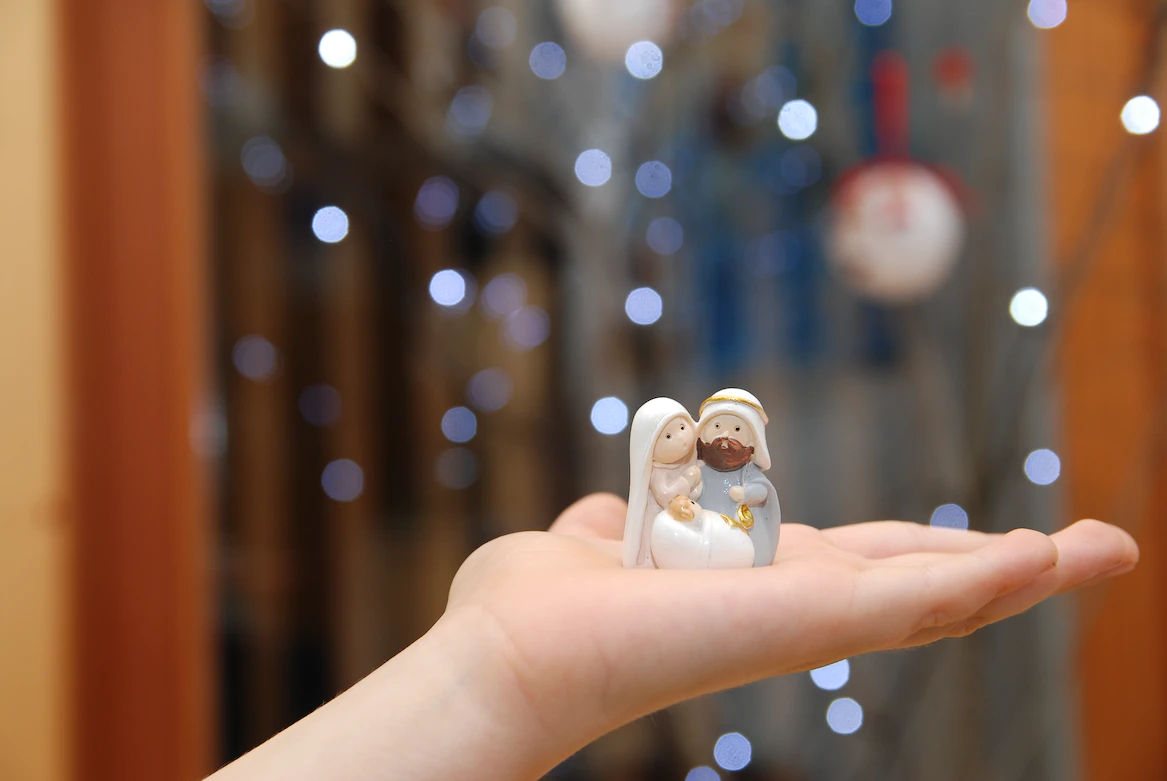Over the past few
weeks, we have hit on major themes for the season after Epiphany – the visit of
the Wise Men, Jesus’ baptism, John’s spreading the news of Jesus being the
Messiah, and Jesus calling his first disciples. Now, over the next few weeks,
we will turn our attention towards what is probably Jesus’ most famous teachings:
the Sermon on the Mount.
The Sermon on the
Mount begins with the Beatitudes. In each of these statements by Jesus, he
names a group of people normally thought to be unfortunate and pronounces them
blessed. Hear Jesus’ words are they are written in Matthew 5, verses 1 through
12:
Proclamation of the Scripture Matthew
5:1-12
Now when Jesus saw the crowds, he went up on a mountainside and sat
down. His disciples came to him,
and he began to teach them.
He said:
“Blessed are the
poor in spirit,
for theirs is the
kingdom of heaven.
Blessed are those who mourn,
for they will be
comforted.
Blessed are the meek,
for they will
inherit the earth.
Blessed are those who hunger and thirst for righteousness,
for they will be
filled.
Blessed are the merciful,
for they will be
shown mercy.
Blessed are the pure in heart,
for they will see
God.
Blessed are the peacemakers,
for they will be
called children of God.
Blessed are those who are persecuted because of righteousness,
for theirs is the
kingdom of heaven.
“Blessed are you when people insult you, persecute you and
falsely say all kinds of evil against you because of me.
Rejoice and be glad, because great is your reward in heaven, for in the same way they persecuted the prophets who were before you.
In his
opening words in the Sermon on the Mount, Jesus didn’t beat around the
bush. He went straight to his point –
the people who are looked down upon, the people who are rejected, the people
who are suffering, are blessed by God.
The conditions of the
first century were difficult. People lived hand to mouth. The Roman rule over
the people of Israel was harsh. The Romans controlled the peasants and policed
them with their mighty army. Inequalities abounded – the small population of
elites was composed by Roman citizens, wealthy merchants, the priestly class,
and provincial monarchs. The rest of the
people – laborers, farmers, fishermen, carpenters, tailors – everyone else –
led pretty hardscrabble existence.
Plus, people were
policed by religious leaders who enforced religious laws on the population,
even when those religious laws imposed unfair and impossible requirements for
regular people.
Enter Jesus – Jesus
came to earth to spread God’s message of love and compassion. Jesus came to
point out that legalism and rule-following isn’t always what God wants for us.
God has a preferential love for people who are suffering. And, as followers of
God, we must also live and work in ways that alleviates the suffering of
others.
The Beatitudes are focused on reversing
commonly-held expectations for regular people. God doesn’t want us to operate
according to the status quo of “we have always done it that way.” Instead, God
loves people who are poor in spirit, people who are sad and mourning, people
who are meek, people who are unselfish, people who work for righteousness,
people who are innocent, people who act with mercy, people who pardon and love
others, people who work for peace, people who are spreading the good news,
people who are working to connect people to God, and people who are rejected
for inviting others to follow God and love people the way God loves us. God
loves people who are working diligently to live out our faith and to treat
other people with love, kindness, respect, and dignity. God also loves people
who are suffering and are having a difficult time.
Our lives are very busy. We are focused
on our jobs and our families and keeping ourselves entertained. We often don’t
prioritize our faith as the center of our lives. In the Sermon on the Mount,
and in the Beatitudes, Jesus nudges us to connect with God. And, Jesus reminds
us that when we work to follow God, we will work to alleviate the suffering of
people who are struggling. We are surrounded by people who are struggling – we
see men hanging out at Wawa during the day who are hungry; we know that when
the Daily Bread food pantry is open, people are clamoring to get in and receive
food; there are people who are weighed down by depression and mental health
struggles; we know there are families
who are contending with abuse and fear and helplessness. We live among these people. There are people
who are struggling with these issues in this room this morning.
It is our calling…it is our
opportunity…it is our blessing to treat others with love, respect and curtesy.
It is our mandate to work to alleviate the suffering of others with kind words,
with merciful treatment, by sharing our resources, and by offering a supportive
ears and warm hugs. Jesus came to earth
to teach us to be more caring, to remind us to be more merciful, and to
reassure us that when we are struggling, we are supported by and loved by our God.
Let us share this message and live out Jesus’ teachings.
Amen.








